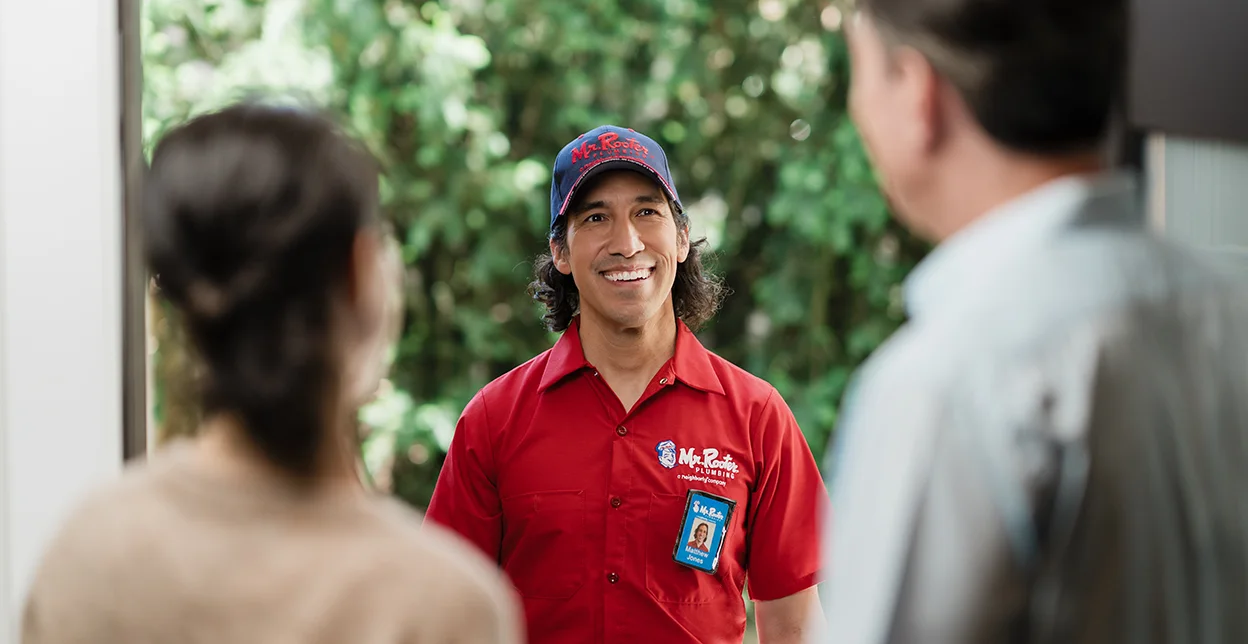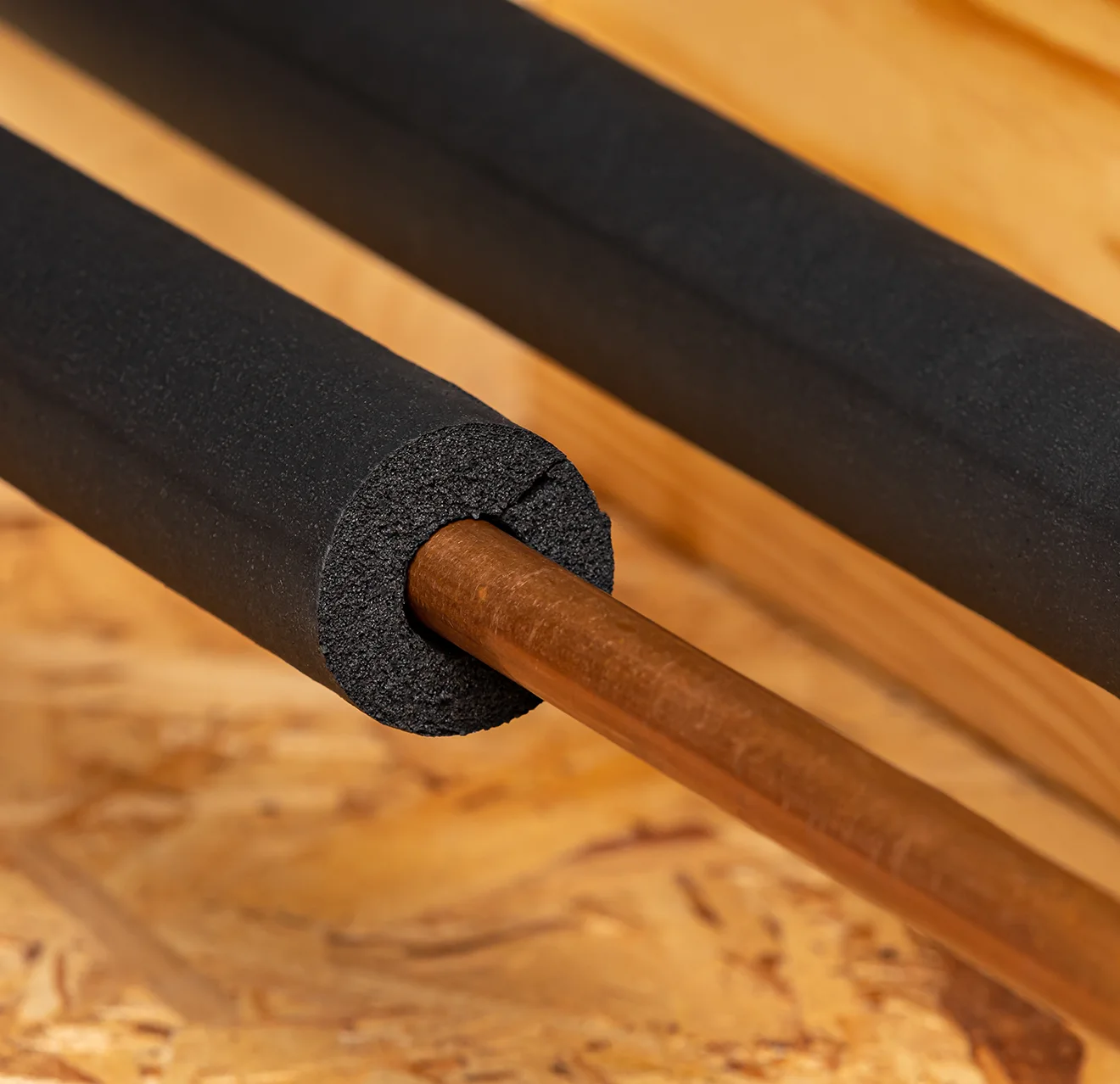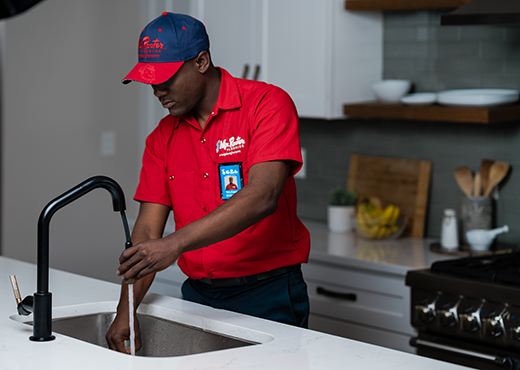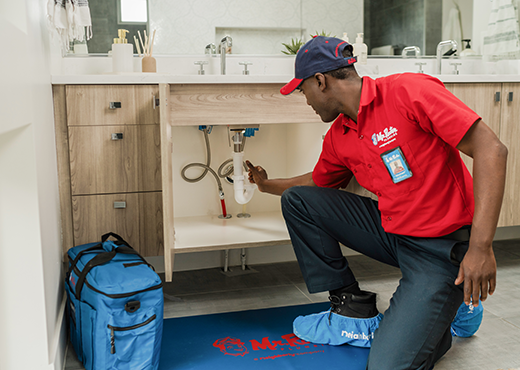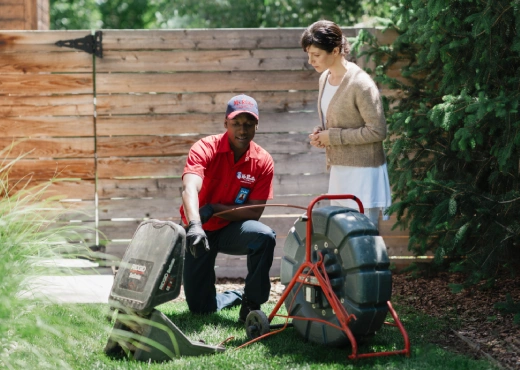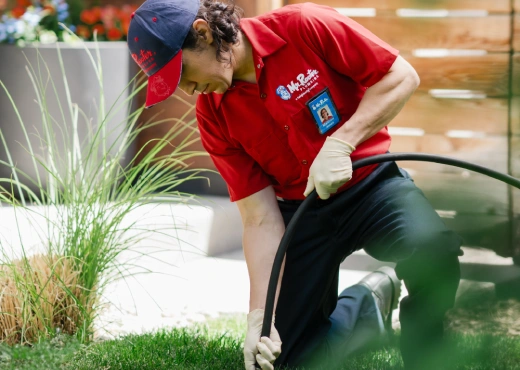Efficiently protecting your plumbing system is essential with indoor and outdoor pipe insulation. Mr. Rooter® Plumbing of Yavapai, Coconino and Maricopa Counties specializes in installing hot pipe and cold protection insulation to ensure the safety of your plumbing. Hot pipe insulation guards against heat loss, reducing the risk of fire hazards and burns. Cold weather plumbing insulation shields your pipes from freezing during winter – a common cause of burst pipes and subsequent flood damage.
Take action today to safeguard your plumbing with quality insulation.
Begin by requesting an estimate online or calling us directly.
